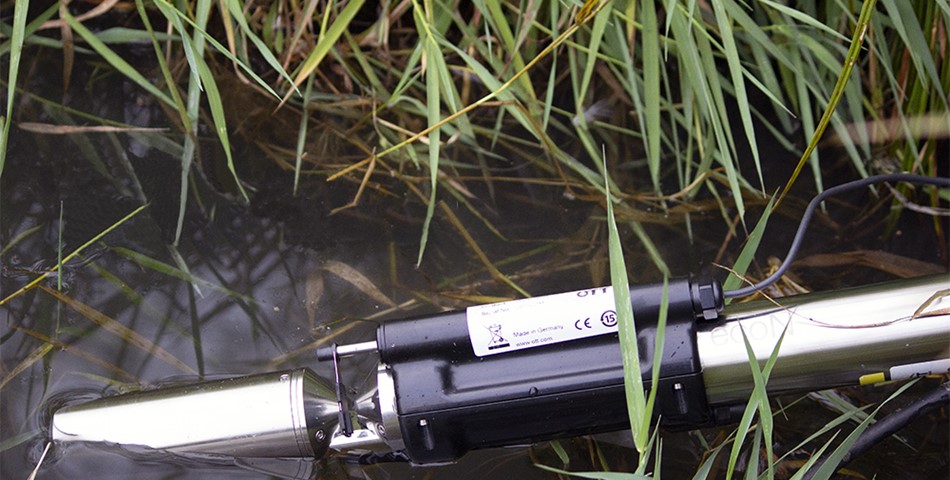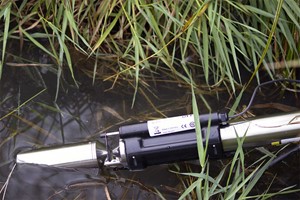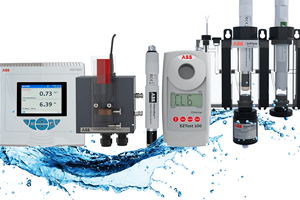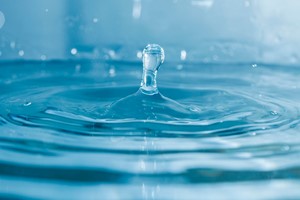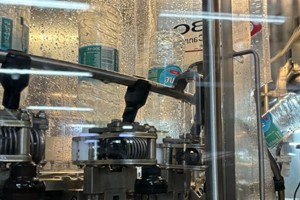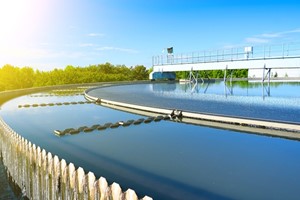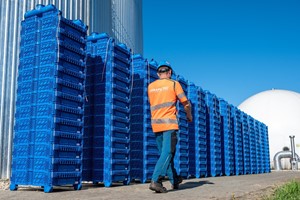Responding to global demand for improved monitoring of nitrate in freshwater, OTT HydroMet has launched a new optical nitrate sensor, the OTT ecoN.
“This is fantastic news for scientists, catchment managers, water companies, regulators and environmental consultants,” says Ronan O'Maitiu, Global Product Manager for the OTT ecoN. “In the past, customers have been caught between low-cost/limited-performance sensors and high-end technologies, for which purchase costs prevent large scale deployment. The OTT ecoN neatly fills that gap; as a continuous nitrate monitor, with minimal maintenance requirements, it can be left to monitor in remote locations, and an optional wiper makes it suitable for extended deployments.”
In addition to a low purchase cost, the ecoN also lowers the cost of ownership because it is factory calibrated for life. With automatic drift compensation, zero baseline checks with ultrapure water are quick and easy to perform and are only required as an occasional test of instrument function. The ecoN measures nitrate by the absorption of UV light at 212 nm and removes the possible effects of organics and turbidity by similar measurements at 254 nm and 360 nm respectively.
As an optical sensor, the ecoN provides high accuracy and low resolution without the drift and interferences of ion-selective electrodes, or the ongoing reagent and maintenance costs of wet-chemistry analyzers. No specialized software is necessary to communicate with the ecoN – a simple, intuitive browser-based user interface is accessed by connecting a small interface unit to the sensor. Measurements can be stored internally within the sensor, but as a specialist in sensing, datalogging and telemetry, OTT HydroMet can supply the most appropriate monitoring system for every application. This includes the choice of sensor, because the ecoN is available with different cell pathlengths to ensure optimum performance across all measurement ranges.
However, OTT HydroMet is also able to conduct a retrospective change of optical path length when customers need to change application, such as moving it from very turbid surface water to groundwater for example. Summarizing, Ronan says: “Nitrate is an extremely important contaminant of freshwater; causing health issues in humans and playing a major role in eutrophication and the proliferation of algae. It is therefore essential that the role of nutrients is fully understood and that water professionals are able to access accurate, reliable data on nutrient sources and loading, as well as being provided with alarms when pollution events take place.



